The First Nations artists changing the sound of music in Australia and the world
A generation of proud Indigenous creatives are seizing control of their careers and their stories, with stunning results.
Music
Don't miss out on the headlines from Music. Followed categories will be added to My News.
Thelma Plum was overwhelmed when she saw the TikTok video of two beautiful young Aboriginal women created using her song Homecoming Queen as its soundtrack.
The award-winning singer and songwriter had penned the song for her acclaimed debut album Better In Blak about growing up as an Indigenous girl in rural Australia “watching videos on the TV and looking through magazines, but I never saw anyone who looked like me.”
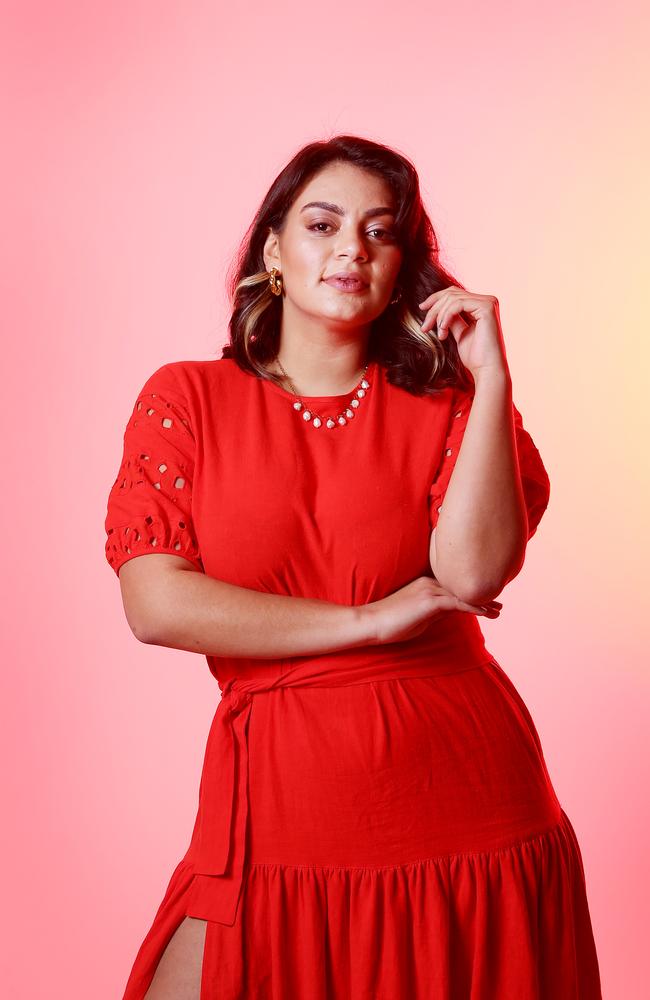
It was a triumphant moment after a decade of struggle to be seen and heard since winning the first ever Triple J Indigenous Unearthed competition in 2012.
“I am a proud Aboriginal woman and winning that was an unbelievable dream. But even then, some people were saying ‘You don’t make Aboriginal music.’ There was no room then to exist as my own person; they wanted to put me in a box,” she says.
In 2021, Plum is at the vanguard of a First Nations takeover of the Australian music industry as a generation of proud Indigenous creatives seize control of their careers and their stories.
Following in the footsteps of elders including Yothu Yindi, Archie Roach and Ruby Hunter, Kev Carmody, Gurrumul and Christine Anu and next-wave trailblazers including Gurrumul and Dan Sultan, they have defied industry gatekeepers to command the airwaves and populate streaming playlists with a dizzyingly eclectic soundtrack encompassing pop and hip hop, folk and soul, rock and roll.
THE NEW CREW
The Kid Laroi is one of the biggest Australian music exports in history with billions of streams of his songs, while at home a raft of rappers including JK-47, Kobie Dee, Birdz, Nooky, Tasman Keith and Dallas Woods are educating and entertaining fans with their no-holds-barred commentary on inequality or motivating anthems to inspire change.
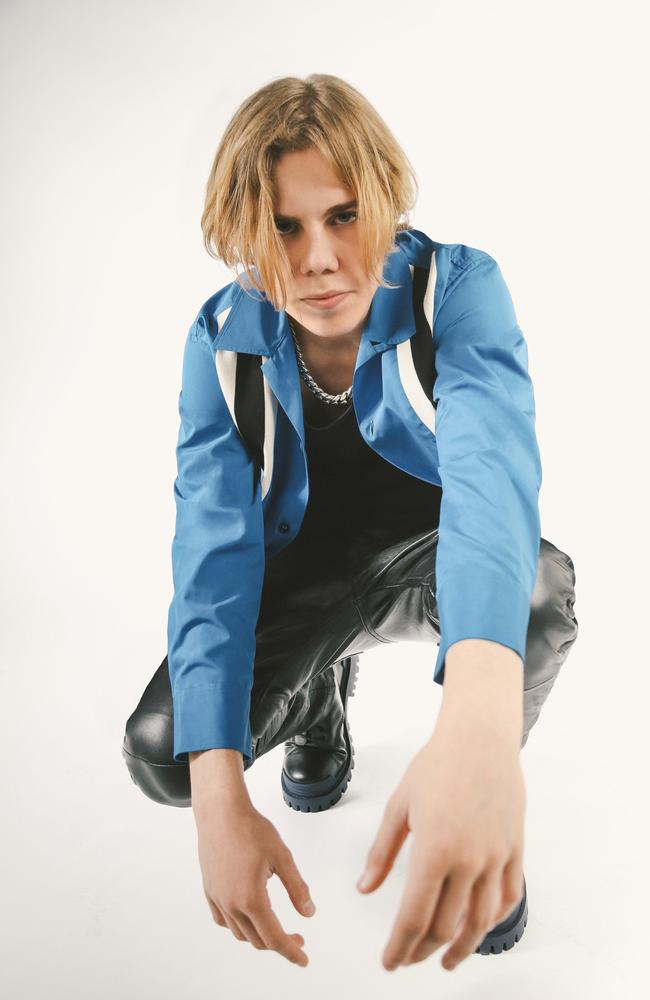
Nooky is in an enviable position to champion the new wave of Indigenous artists – and pay tribute to their pioneers – as the host of Blak Out, Triple J’s first-ever First Nations show which kicked off last week.
He says the music has always been there. Now it’s being heard.
“It’s always been there – from Warumpi Band, Jimmy Little to Local Knowledge, Jess Mauboy, even classical composers like William Barton. There’s still a long way to go in terms of festival performances but one thing that has been nice to see is an Acknowledgment of Country at the beginning of festivals,” he says.
“In terms of radio, Triple J just launched its first-ever first-nations show Blak Out, which is a big step for us. Briggs curates The New Australia playlist on Apple Music and there are a few First Nations playlists on Spotify.”
A MUSICAL LANGUAGE
Indigenous language is also part of that soundtrack. In the songs of Emily Wurramara, Baker Boy, Miiesha, Birdz, Electric Fields and King Stingray, the stories of their lived experience are told with the weight of tens of thousands of years of culture.
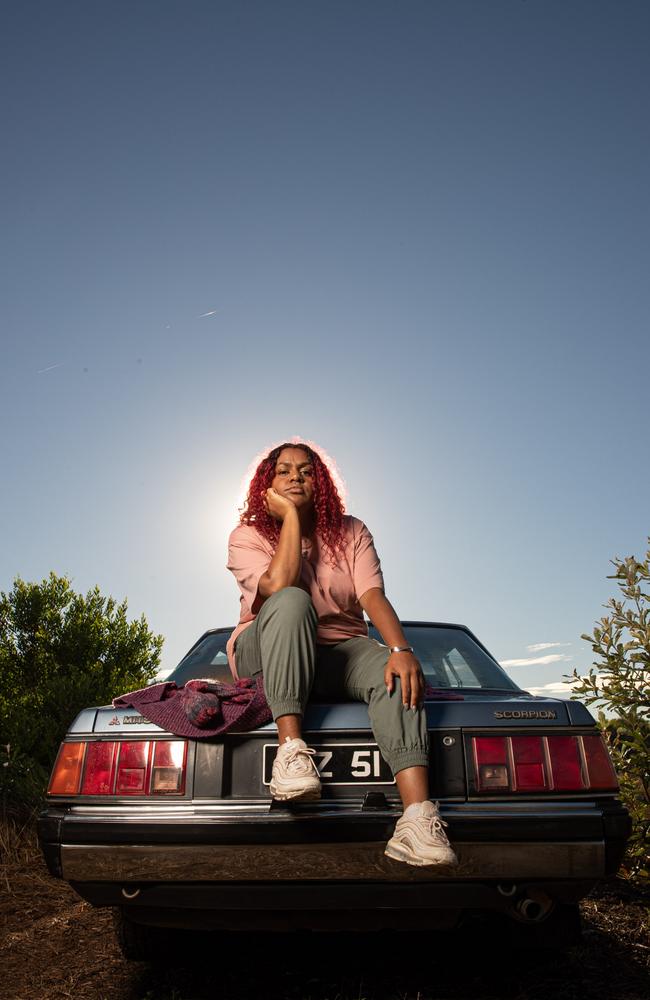
The flow-on effects can be seen in the rise of numbers of people taking language courses at TAFE and the respectful participation of concert audiences in Acknowledgement of Country ceremonies when invited to repeat the statements.
Proud Butchulla rapper Birdz has generated more than 1.3 million streams for his song Bagi-la-m Bargan featuring his cousin Fred Leone, written for the NITV documentary Looky Looky, Here Comes Cooky.
It was released by influential First Nations artist, author, actor and screenwriter Briggs on his label Bad Apples Music and tells the story of a young Butchalla man seeing Captain Cook sail past Kgari, which is now commonly referred to as Fraser Island.
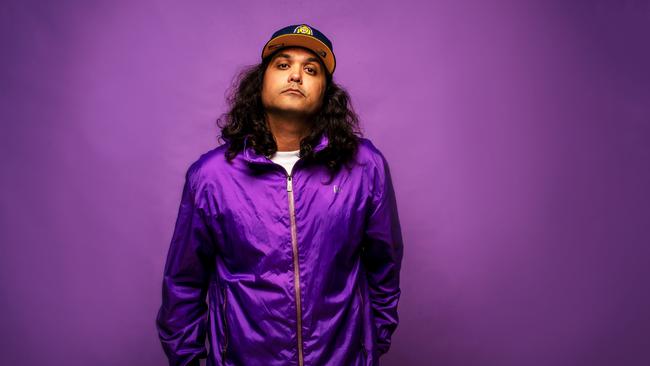
The popularity of that song has prompted thousands of music fans to deep dive through his catalogue of songs online and connect with his stories.
“I see people going through my old music and seeing the message has always been there but they feel like they’ve learned something new,” he said.
“Music has that ability and that power to make you feel something, it makes it personal in a way.
“So music is the spark which is driving a lot of the conversations about Indigenous issues among young people now.”
ART AS ACTIVISM
Ben Graetz, the creative director of the National Indigenous Music Awards, said music is also proving to be a powerful form of activism for the new guard of artists demanding action on pressing issues from incarceration rates of Indigenous people to the Uluru Statement From The Heart.
Graetz says he is in awe of the new generation’s fearlessness in using their voices.
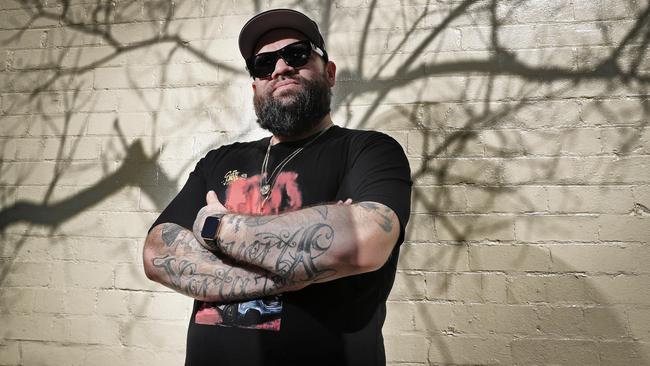
“At the end of the day, we are still living in a deeply colonised system and in terms of Aboriginal and Islander people’s sovereignty, there’s still a lot that we’re fighting for,” he says.
“Particularly something like music where the medium is storytelling and is oral, I think it’s extremely poignant that we’re able to tell our truth and tell our stories.
“And we can get away with it, as a form of activism. Our artists are so great at being able to ride that fine line of activism, storytelling and their musical craft.”
LIVING IN TWO WORLDS
Both Jessica Mauboy and Isaiah Firebrace reveal they have struggled to straddle the two worlds of First Nations cultural identity and the pop mainstream.
Mauboy finally felt free to unite those worlds and share her family’s story on her chart-topping 2019 album Hilda, named for her grandmother who married a non-indigenous man and died tragically after suffering serious burns in a fire.
The new Voice coach was also invited by Midnight Oil to sing on the incendiary track First Nation from last year’s The Makarrata Project, a moment of “joy and pride and feeling a part of the conversation I felt over the years I had been shut out of.”
Mauboy, who praises the inspirational, fearless voices of First Nations female artists Miiesha and Barkaa said she was often told by gatekeepers not to speak out on cultural identity or social issues.
“I was told ‘You are just a pop singer, you are not political, you just get up and sing.’ Now I stand strongly in my own path and my own story and will continue to share that because I know people connect with my music because it is genuine and comes from an honest, spiritual place,” she says.
Firebrace, whose phenomenal success with more than 366 million streams on Spotify alone, is rarely celebrated, said the dual impact of the lockdowns and Black Lives Matter protests last year, finally gave him the confidence to express himself on Indigenous issues and foster that connection online with his fans.
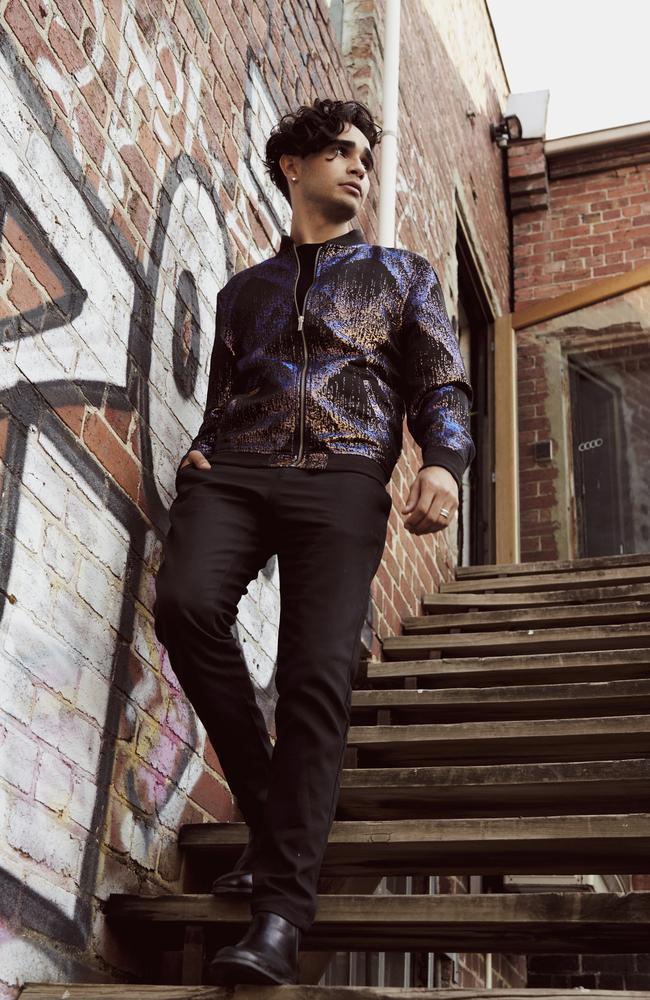
“Making that connection with fans was something I found really hard to do. Coming from a
small country town and whole different culture background to the complete flip side of reality and dealing with fame, I really struggled and I partied way too much, I was self medicating because I couldn’t deal with it subconsciously,” he said.
“But now, like, I’m at an age where, like, I feel like things are going in my favour and it’s more just for me trusting myself.”
A SOUL KINDA FEELING
First Nations artists are also at the forefront of a new Australian soul and R & B revolution, with teen sensation Budjerah, the lush, powerful vocals of Kee’ahn and the hypnotic magic of Wurramara’s latest single Cruisin’ generating buzz and millions of streams.
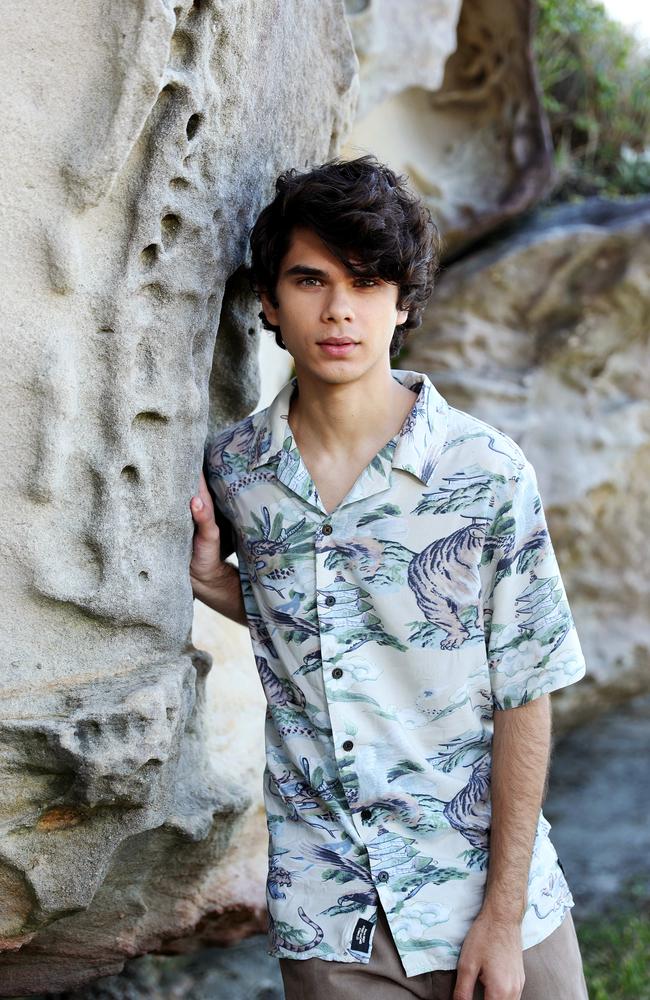
Budjerah, whose self-titled debut EP and recent release Budjerah (Live At Rainbow Valley) were recorded with mentor Matt Corby, said his singles Missing You and Higher are directly influenced by his musical family upbringing on soul and gospel music.
“Like I grew up singing in church, soul singing that’s the style I learnt and what I know. I could probably make some really pop music if I wanted, but I have much fun singing soul music and gospel music,” Budjerah said.
“For me, it’s all about the voice and I think the most freeing genre of music is soul.”
WE ARE FAMILY
Community is at the heart of the First Nations artists push to the front and centre of the Australian music conversation. You witness it via the power of social media; proud Indigenous artists and their non-Indigenous musical allies lifting up each new project with a tsunami of shout-outs online.
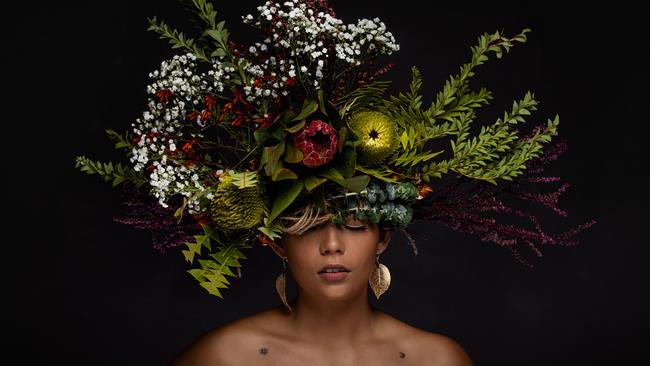
Kee’ahn was quickly embraced by community when she moved from her far north Queensland home to Melbourne.
“I wouldn’t be where I was without having the support of the community around me. You can see a lot of artists are all about the change in the industry and making it better for those who come after us,” she said.
Wurramara believes social media has been a vehicle for people to share their spirit of connection, promote the discovery of new music and learn about those who came before them.
“We’ve come into those spaces and acknowledged Miiesha, Kobie Dee, Dreaming Now, Alice Skye, Thelma Plum and Baker Boy, all these artists smashing these big awards and being incredible,” she said.
“And it makes me feel so honoured and proud that we have a generation of black men and women, a family, who share in all of this and come together to celebrate black artists.”
More Coverage
Originally published as The First Nations artists changing the sound of music in Australia and the world





